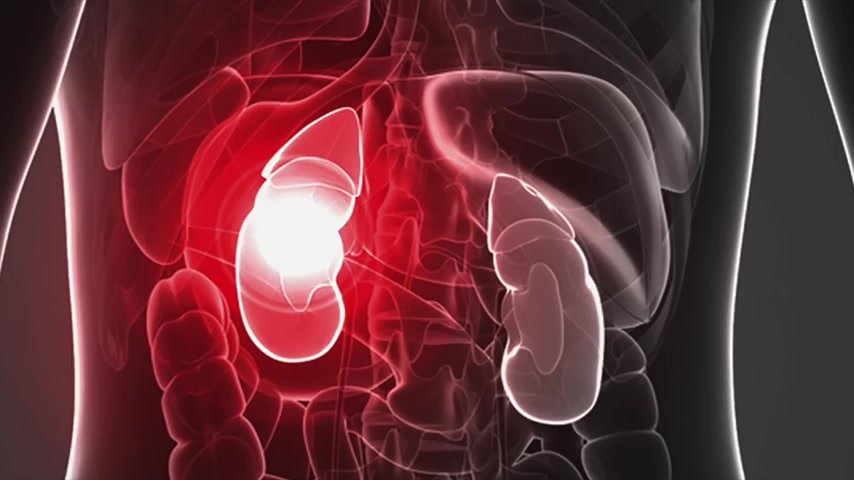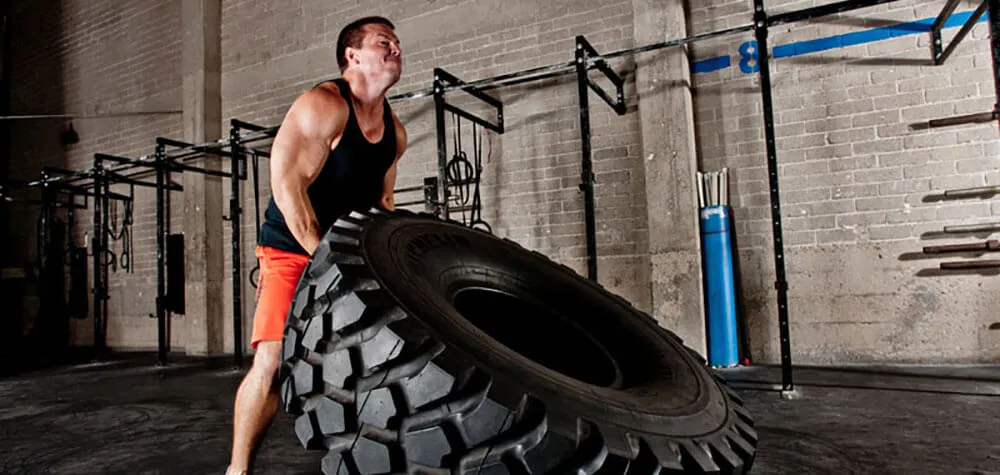Table of Contents
Explore the vital role of potassium in muscle strength and exercise endurance. Learn how adequate potassium intake can enhance your workout performance and overall health.
Potassium is a vital mineral that plays a crucial role in muscle strength and exercise endurance. This essential nutrient is involved in maintaining cellular function through the sodium-potassium pump on cell membranes. The pump works by pushing out sodium and pulling in potassium, creating a voltage difference that is critical for muscle function.
Factors that can influence the effectiveness of this pump include low potassium intake, certain medical conditions, exercise levels, insulin resistance, low magnesium levels, kidney damage, diuretic use, excessive coffee consumption, and high stress levels.
In this article, we explore how increasing potassium intake through diet can potentially improve muscle strength and exercise endurance. Learn about the best dietary sources of potassium and how to ensure you get enough of this essential mineral to support your workout performance and overall health.
My research on potassium
I’ve been doing a lot of research on potassium , so I wanted to create this topic.
It’s actually quite interesting .
This topic relates to how potassium affects your muscle strength and your exercise endurance .
I want to give you a little background , but I’m going to make it as simple as possible .
The primary role of Potassium in Muscle Strength

You have these little tiny pumps on your cells , on the membrane of the cells .
You have billions of them .
They’re called the sodium potassium pump .
They’re a little tiny protein molecule that have enzyme activity , and you have billions of them and they work 20 fourseven .
And the name of the entire structure is , sodium potassium ATPase .
The ace is an enzyme , and the ace basically splits up this , energy currency , the ATP , so it can have energy to do its job .
30% of all of your energy in your body is allocated to these tiny pumps .
Now what do they do ?
All they do is they push out sodium and pushing in potassium .
So they push out 24 , 000 sodium ions and they push in 16 , 000 potassium ions .
| Category | Details |
|---|---|
| Role of Potassium | Essential for muscle contractions, nerve transmission, and maintaining fluid and electrolyte balance. |
| Effects on Muscle Strength | – Supports efficient muscle contractions – Prevents muscle cramps and weakness – Enhances overall muscle function |
| Effects on Exercise Endurance | – Regulates fluid balance – Prevents fatigue during prolonged exercise – Supports sustained energy levels and optimal performance |
| Impact on Muscle Recovery | – Reduces muscle cramps – Aids in rehydration – Helps replenish electrolytes lost during exercise – Supports repair and growth of muscle tissues |
| Symptoms of Low Potassium | Muscle cramps, weakness, fatigue, constipation, irregular heartbeats, tingling or numbness, nausea, vomiting, bloating, abdominal pain |
| Sources of Potassium | Bananas, avocados, leafy greens, beans, nuts, seeds, potatoes, fish |
| Consequences of High Potassium | Muscle weakness, fatigue, paralysis, cardiac arrhythmias |
| Dr. Berg’s Recommendations | Monitor potassium levels, consume potassium-rich foods, consider supplements if necessary, stay hydrated during exercise |
| Importance of Monitoring Levels | Regular check-ups with healthcare providers, monitoring for signs of deficiency or excess, maintaining a balanced diet for overall health |
Now if you do the math , there’s a difference of 8 , 000 .
So that difference is very , very important because that difference makes the inside of the cell more negative than the outside , and it creates a little voltage .
So basically , this pump turns a cell into a battery to allow muscles to do their work through the nervous system .
So if you’ve ever taken a biochemistry class and not sure how it worked , I hope I explain this in a real simple way .
Symptoms of low potassium
Now if this pump is not working , you’re gonna feel it in your strength .
You’re gonna feel weaker , and you’re definitely not gonna have the endurance .
And there’s several things that can influence that .
Causes of low energy and low potassium
Number 1 , low potassium in your diet .
You don’t get enough potassium , you don’t eat enough vegetables , you just you don’t have enough potassium in general .
Now it could be you have you know vomiting , diarrhea , excessive laxatives , something like that where it’s depleting potassium .
But also training .
The more you exercise , the more of these you develop .
The more inactive you are , the less of these you’re gonna have in your muscles .

And by the way , the biggest concentration of these pumps are in the skeletal muscle .
Now if you have insulin resistance because you’re pre diabetic or diabetic , that can limit these as well .
Also if your thyroid is low you won’t have enough of those pumps .
If you have low magnesium , you need magnesium for potassium to work , it’s going to affect these pumps .

If you have kidney damage , that can affect the pumps .
If you’re on diuretics it’ll deplete you of potassium .
If you drink too much coffee , 2 to 3 cups per day , that will definitely deplete your potassium .
And lastly , if you are experiencing too much stress and you have too much cortisol , that will also create a potassium deficiency and affect these pumps .
So as an experiment , if you’re exercising now go ahead and increase the amount of potassium in your diet and just observe the difference in your strength and your exercise endurance .
key Points:
- The first thing you need to know is that you have tiny pumps on the membranes of your cells, which are called sodium-potassium pumps. They are small protein molecules that have enzyme activity. You have billions of these, and they work 24/7.
- 30% of your body’s energy is allocated to these tiny pumps. So what do they do exactly? All they do is push out sodium and push in potassium. Essentially, what this does is it turns your cells into little batteries to allow the muscles to do their work.
- Now, if your sodium-potassium pumps aren’t working, you’re going to feel it—you may experience weakness and a lack of endurance.
There are several things that can cause a problem with these pumps:
- Low potassium diets
- Inactivity
- Insulin resistance/diabetes
- Slow thyroid
- Low magnesium
- Diuretics
- Too much caffeine
- Cortisol (too much stress)
Start by boosting your potassium and see if your energy levels increase.
DATA:
https://www.ncbi.nlm.nih.gov/pmc/articles/PMC1664795
FAQ:
Does potassium increase muscle strength?
Yes, potassium plays a crucial role in muscle function, including muscle strength. It helps maintain proper electrical function of muscles and nerves, ensuring efficient muscle contractions. Adequate potassium levels can support muscle strength and prevent muscle cramps and weakness.
Does potassium improve endurance?
Potassium can improve endurance by regulating fluid balance and preventing muscle cramps and fatigue during prolonged physical activity. It helps maintain electrolyte balance, which is crucial for sustaining energy levels and muscle function during endurance exercises.
How does potassium affect exercise?
Potassium affects exercise by supporting muscle contractions, nerve function, and fluid balance. Adequate potassium levels prevent muscle cramps and weakness, enhance endurance, and aid in muscle recovery. Maintaining proper potassium levels is essential for optimal athletic performance and overall physical fitness.
Does potassium help muscle recovery?
Yes, potassium helps muscle recovery by reducing muscle cramps, supporting rehydration, and replenishing electrolytes lost during exercise. It aids in the repair and growth of muscle tissues, ensuring quicker recovery after intense physical activity.
Can potassium cause muscle weakness?
Low potassium levels (hypokalemia) can cause muscle weakness, cramps, and fatigue. Potassium is essential for proper muscle function, and deficiencies can impair muscle contractions and overall strength. Severe hypokalemia can lead to more serious muscle and nerve issues.
Does potassium loosen muscles?
Potassium helps maintain muscle function and can prevent muscle cramps and tightness, but it does not specifically “loosen” muscles. Instead, it ensures that muscles contract and relax properly, reducing the likelihood of cramps and spasms.
How does high potassium affect muscles?
High potassium levels (hyperkalemia) can cause muscle weakness, fatigue, and in severe cases, paralysis. Hyperkalemia disrupts normal muscle function and can lead to life-threatening conditions like cardiac arrhythmias if not addressed promptly.
Does potassium give you energy?
Potassium itself does not directly provide energy, but it plays a crucial role in energy metabolism. It helps maintain proper cell function, supports muscle and nerve activity, and ensures efficient utilization of nutrients, which collectively contribute to overall energy levels.
Does high potassium cause low energy?
High potassium levels (hyperkalemia) can cause symptoms such as fatigue and muscle weakness, leading to a feeling of low energy. It disrupts normal muscle and nerve function, which can impact overall physical performance and energy levels.




